Top 4 Things to Know Before Buying Common House Plants
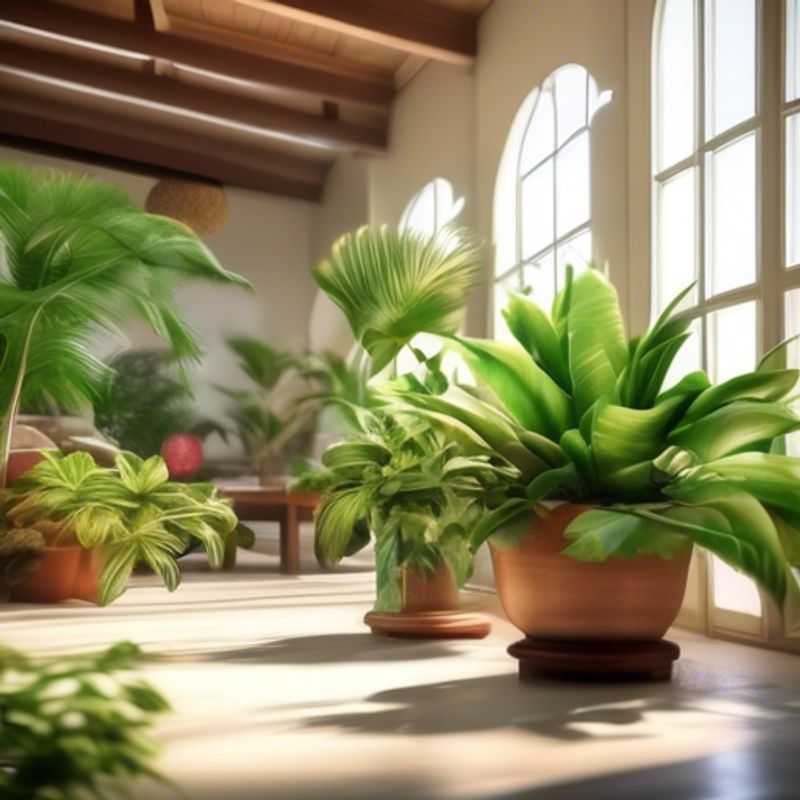
4 Crucial Steps: Research Plant Care, Consider Light & Space, Understand Toxicity, Learn About Soil & Fertilizer
Bringing a little greenery into your home is a fantastic way to brighten up your space and boost your mood. But before you head to the garden center, there are some key things to consider to ensure your new houseplants thrive. Let's delve into the top 4 essential factors to keep in mind before bringing a plant home.
1. Research Specific Care Requirements: Just like us, plants have their own unique needs. Some thrive in bright sunlight, while others prefer shady corners. Some need frequent watering, while others are happy with occasional sips. Take the time to understand the specific care requirements of each plant you're interested in. This will involve researching their light, water, humidity, and temperature preferences. It’s a bit like understanding a new friend, and knowing their likes and dislikes.
2. Consider Space, Light, and Water: Before you fall in love with a big, leafy plant, assess your space. Do you have a sunny windowsill that can accommodate a sun-loving plant? Or are you more suited to shade-tolerant varieties? Similarly, consider how often you're willing to water. If you’re a busy bee, a low-maintenance plant might be a better choice.
3. Safety First: If you have pets or children, consider the potential toxicity of the plant. Some common houseplants can be toxic if ingested. A quick online search can help you determine if a plant is safe for your family. It’s better to be safe than sorry, especially if you have curious little ones or pets.
4. Soil and Fertilizer: Just like we need the right nutrients, so do plants. Different plants have different soil preferences. Research the ideal soil type and any necessary fertilizers for the specific plant you're interested in. You can find this information online or from plant experts at your local garden center.
By following these simple tips, you'll be well on your way to choosing the perfect houseplants that will bring life and beauty to your home. Remember, a little research and preparation goes a long way in ensuring your plants thrive!
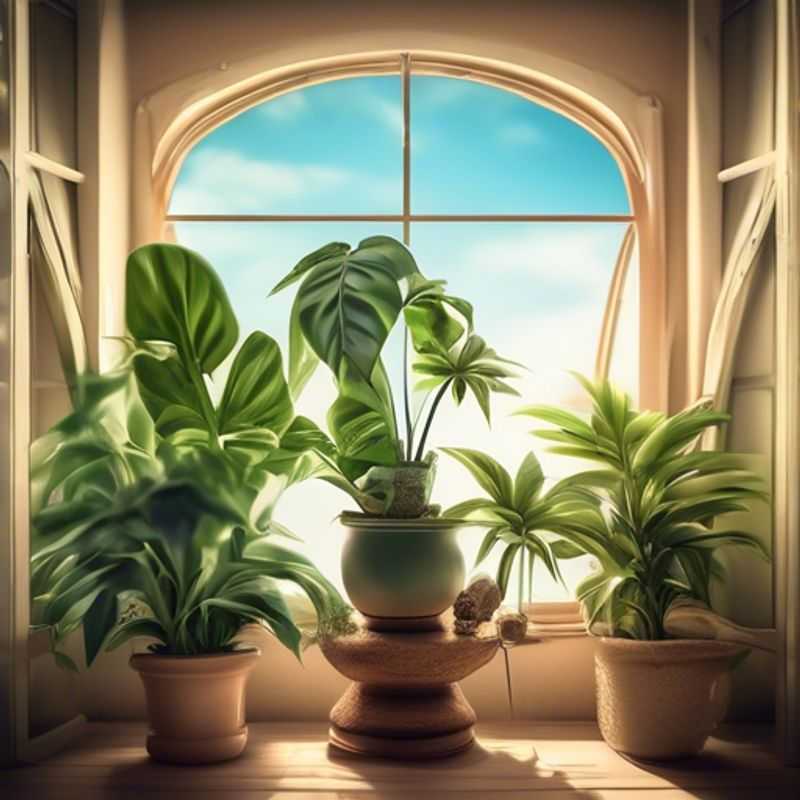
Green Thumbs Up: Researching the Care Needs of Your Houseplants
To give your houseplants the best chance of thriving, understanding their specific needs is crucial. Researching the care requirements for each type of house plant is vital for their survival. This research involves understanding their light needs, watering frequency, soil type, humidity, and fertilization.
Light: Plants need specific amounts of light to photosynthesize. Some thrive in bright, indirect light, while others prefer low light conditions. Knowing your plant's light needs will help you choose the perfect spot in your home.
Watering: Overwatering is one of the biggest killers of houseplants. Understanding how often your specific plant needs water is key to its survival. Check the soil moisture, and water thoroughly when the top inch is dry.
Soil: The right type of soil can make a big difference in your plant's health. Some plants prefer a well-draining soil, while others need a more moisture-retentive mix.
Humidity: Some plants, like ferns and orchids, need higher humidity levels to thrive. You can increase humidity by grouping plants together, using a humidifier, or placing a pebble tray filled with water near your plant.
Fertilization: Most houseplants benefit from regular fertilization during their growing season. Choose a fertilizer specifically designed for houseplants and follow the instructions on the package.
By understanding the specific care requirements for each of your houseplants, you can provide them with the best possible environment to flourish.
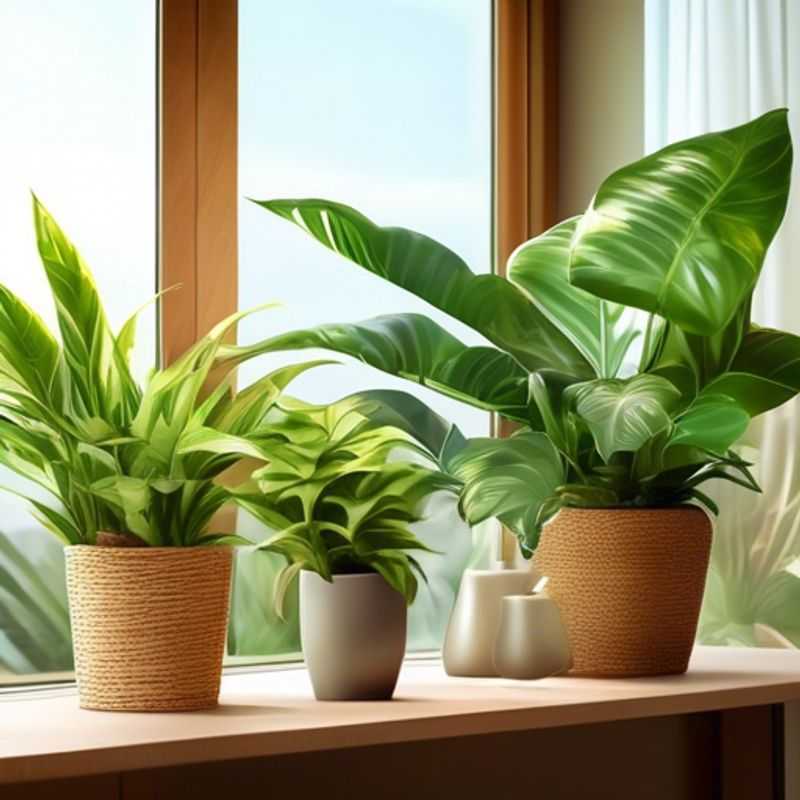
Planning Your Plant Paradise: Light, Water, and Space Considerations
When planning your garden, it's crucial to consider the needs of your plants. Light is essential for photosynthesis, so make sure you choose plants that thrive in the amount of sunlight your garden receives. Water is another vital factor, as plants require different amounts depending on their species and the climate. Some plants prefer moist soil, while others are more drought-tolerant. Lastly, space is a critical consideration. Each plant needs enough room to grow its roots and foliage. Knowing these factors will help you choose the right plants for your garden and set them up for success.
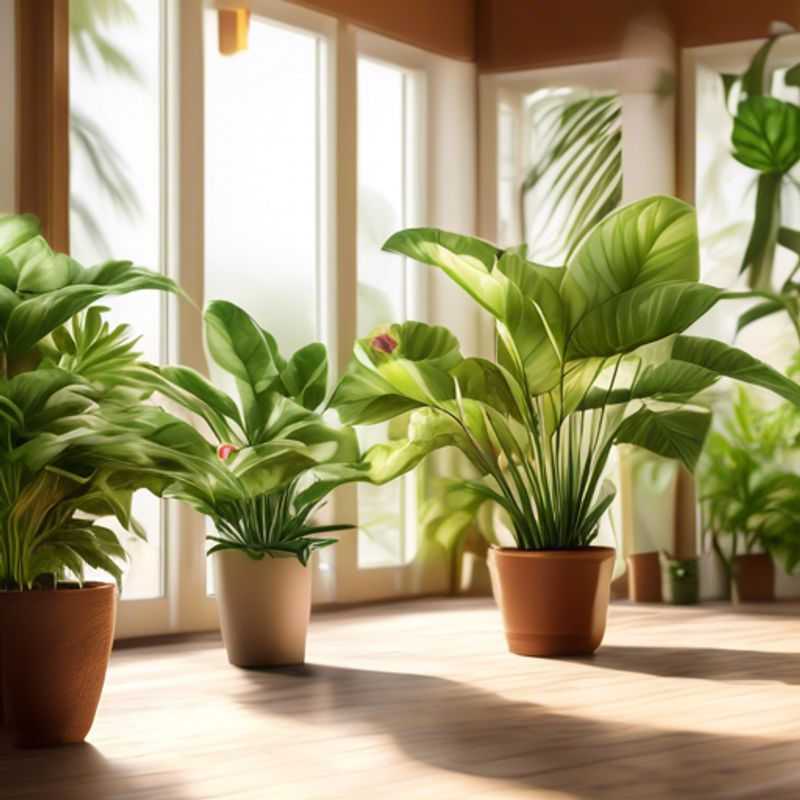
Pet & Kid-Safe Plants: Understanding the Potential Toxicity of Houseplants
Many popular houseplants can be toxic to pets and children if ingested. It's important to be aware of the potential dangers and take precautions to keep your loved ones safe. Here's a summary of common toxic plants:
Lilies: All parts of lilies are toxic to cats, even small amounts can cause kidney failure. Do not bring lilies into your home if you have a cat.
Pothos: While not usually fatal, pothos can cause mouth irritation, vomiting, and difficulty swallowing if chewed. Keep pothos out of reach of children and pets, and consider using less toxic alternatives.
Peace Lilies: This popular houseplant contains calcium oxalate crystals which can irritate the mouth, tongue, and throat. If ingested, they can cause swelling, difficulty swallowing, and vomiting. Keep peace lilies out of reach of children and pets.
Aloe Vera: While the gel inside aloe vera leaves is used for medicinal purposes, the sap is toxic to pets and can cause vomiting, diarrhea, and lethargy. Keep aloe vera plants out of reach of pets.
Ficus: Ficus plants contain a milky sap that can cause skin irritation and allergic reactions. If ingested, they can cause vomiting and diarrhea. Keep ficus plants out of reach of children and pets.
If you suspect your pet or child has ingested a toxic plant, contact your veterinarian or poison control center immediately.
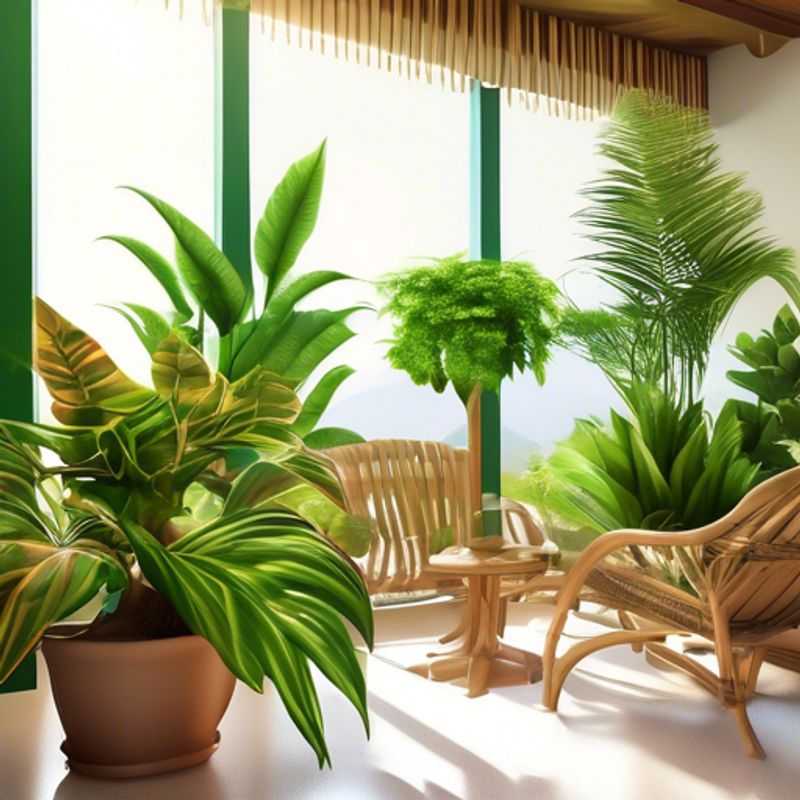
Unlocking Healthy Growth: Choosing the Right Soil and Fertilizer for Your Plants
Understanding the best soil types and fertilizers is crucial for achieving healthy and vibrant plant growth. Let's break down some key factors to keep in mind:
Soil Types:
Loamy soil is often considered ideal as it offers a good balance of sand, silt, and clay. This mix provides excellent drainage, aeration, and nutrient retention. Sandy soil drains quickly, making it suitable for plants that prefer drier conditions. However, it may require frequent watering and additional nutrients. Clay soil, on the other hand, retains water well but can become compacted, hindering root growth. Peat moss can be added to improve soil structure and water retention in sandy or clay soils.
Fertilizers:
Organic fertilizers like compost, manure, and bone meal release nutrients gradually over time, promoting healthy soil and microbial activity. Synthetic fertilizers provide fast-acting nutrients but can potentially harm soil health if overused. Slow-release fertilizers offer a balanced approach, providing nutrients over an extended period.
Essential Tips:
Test your soil to determine its pH level and nutrient content. This will help you choose the most appropriate fertilizers. Water your plants deeply but less frequently, encouraging deep root development. Mulching your garden beds helps retain moisture, suppress weeds, and improve soil health. Avoid over-fertilizing as it can damage plants and harm the environment.
For detailed information on specific soil types, fertilizers, and plant needs, consult your local garden center or reputable online resources.
